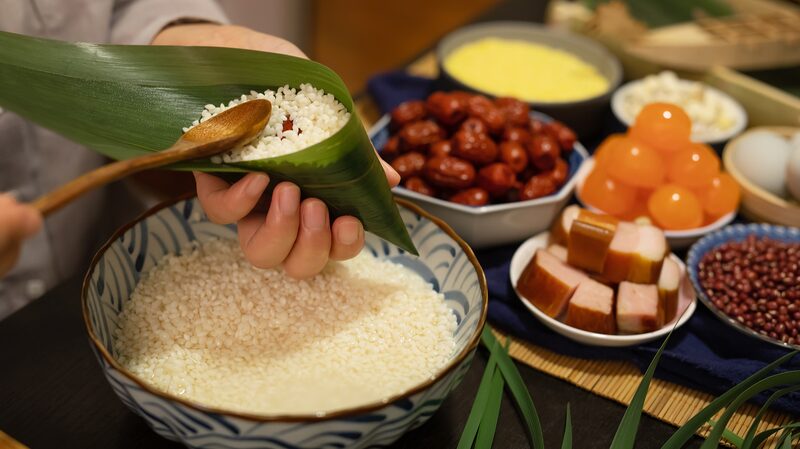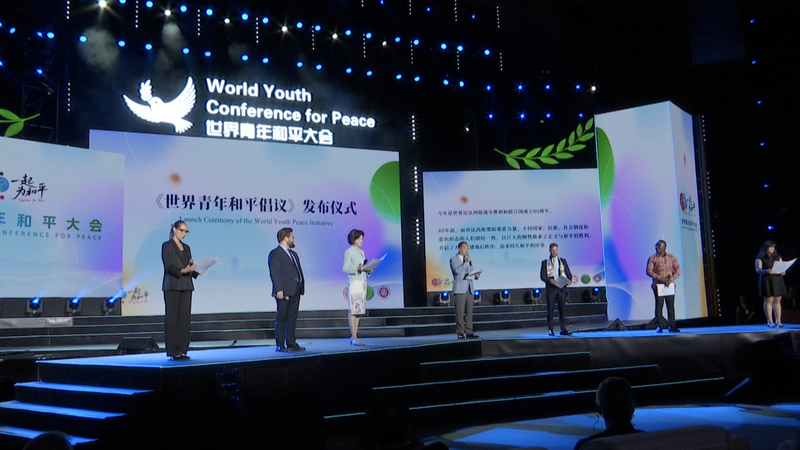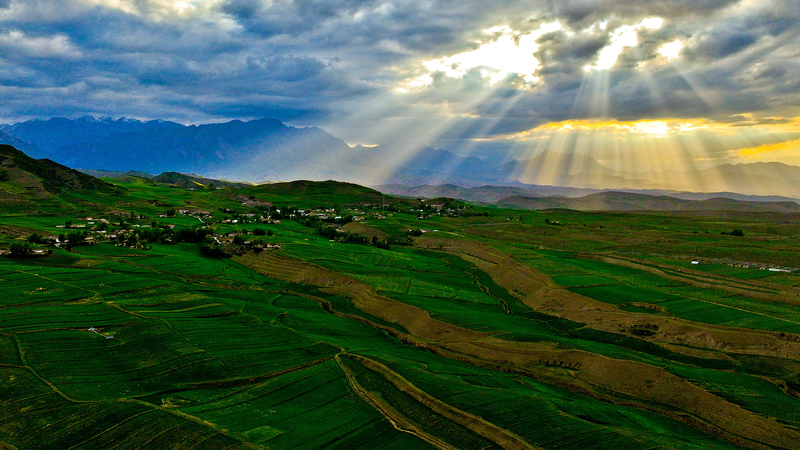The Dragon Boat Festival, locally known as Duanwu Festival, stands as one of China's most cherished traditional celebrations. Observed on the fifth day of the fifth month of the Chinese lunar calendar, which fell on June 10 this year, it is a time for paying homage to ancestors, seeking good luck, and warding off evil spirits.
Among the rich tapestry of legends surrounding Duanwu, two stand out. Some trace the festival's origins back to the Spring and Autumn period (770 BC-476 BC), when the Baiyue people of southern China celebrated it as a festival of totem worship. However, the most widely accepted legend honors the ancient poet Qu Yuan (340 BC-278 BC). In a poignant act of patriotism, Qu Yuan threw himself into the river to protest the decline of his beloved state of Chu.
Central to the festivities is the enjoyment of zongzi, a traditional delicacy made from sticky rice filled with a variety of ingredients and wrapped in bamboo leaves. While zongzi is a staple across China during the festival, its preparation and flavors vary significantly from region to region.
In the southern provinces, zongzi tends to be sweet, often filled with ingredients like red bean paste or dates, reflecting the area's agricultural abundance of sweet produce. Conversely, northern regions prefer savory versions, incorporating meats, salted eggs, and mushrooms, a nod to the heartier flavors suited to colder climates.
These variations are not just a matter of taste but are deeply influenced by the natural resources available in each region. Coastal areas, for instance, might include seafood in their zongzi fillings, while inland provinces might favor pork or beans. This culinary diversity showcases how natural factors shape cultural traditions, making each zongzi not just a meal but a reflection of the region's identity and environment.
As the Dragon Boat Festival continues to be celebrated across China, the diverse flavors of zongzi serve as a delicious reminder of the country's rich cultural and natural heritage, bringing people together to honor tradition in unique and flavorful ways.
Reference(s):
Sweet or salty? How natural factors shape zongzi across China
cgtn.com




